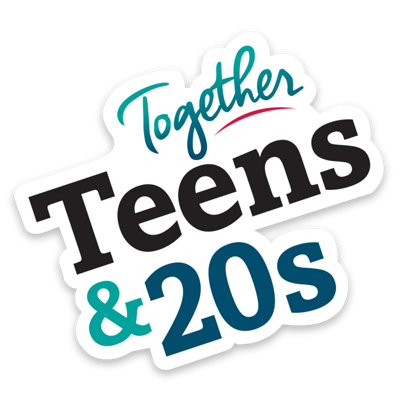Disclosing cancer to a potential employer
Any job search is a journey to finding the right fit with your ideal role and employer. It’s filled with questions, challenges, and opportunities. It can be an exciting, but also stressful, time in your life.
Adding cancer to the mix adds even more questions. It can often be a fine line between honesty and protecting yourself from discrimination. Whether you have cancer now or you’re a survivor, it can be hard to know:
- If you need to say something
- When to say it
- How to say it
Should I disclose my cancer diagnosis?
The most important thing to know is that you are not obligated to disclose your cancer history.
But like many hard questions, the answer is, “It depends.” Does the job role match your abilities? For example, if your cancer treatment leaves you tired and the job requires you to work 10 hours at a time, this is something to consider.
Is accessibility an issue? This means designing products like websites for people with disabilities or to enhance the user experience. It can also apply to environments, like buildings. Does the employer have processes or tools in place that you may need for accessibility? If not, will you need to ask for them?
Do you need any reasonable accommodations once you’re hired? These are things your employer can do to help you do your job, like:
- Changing the light at your desk
- Adjusting the temperature at work
- Allowing you to take breaks
- Agreeing that you can work from home
- Reassigning certain work to others
“Reasonable” is the key word. What if your job involves lifting heavy boxes?
- Not reasonable: working from home
- Reasonable: leaving during the day for treatment and taking time to rest afterward
Every case is different, depending on the job duties and the employer’s resources.
Whether you say something also depends on whether you have cancer now or had it in the past. A present cancer diagnosis may affect your work and whether you need any accommodations. Having had cancer in the past may not affect your ability to work at all now.
When will you say it?
If you say something too early, you’ll never know if the employer’s own stereotypes or beliefs affected your hiring chances. If you say something too late, the employer may lose trust or feel that you’re making excuses. For example, saying something after you get “dinged” on a performance review is bad timing.
Just be honest with yourself. If a health issue starts to affect your work, is there anything your employer can do to help? That’s when a reasonable accommodation might be a good idea — before the issue starts to affect your work. Be ready with a doctor’s note if your employer asks for one.
How will you say it?
If you decide to share info about your current or past diagnosis, here are some tips to think about:
- Be ready with positive examples of your ability to manage the issue.
- Focus on what you can do and what qualifies you to do the job.
- Explain the issue in terms of your personal growth and mindset.
- Address any concerns by sharing how you’ve found solutions to challenges in the past.
Here’s an example of framing the news in terms of how you work best.
“I’ve noticed that I’m making more mistakes in the afternoon. I think it’s because I’m getting treatment for a health issue in the early afternoon. It leaves me feeling very tired. Would you mind if I started work extra early in the morning? I’ve found that I don’t make these kinds of mistakes in the morning, when my mind is fresh.”
You don’t have to share personal health info
Employers aren’t allowed to ask you questions about your current or past health. But that doesn’t mean they won’t. You don’t have to answer personal questions about your health in an online application, an interview, or after you’ve been hired.
You’ll want to think about your needs, as well as the pros and cons. What feels right for you? Be sure to prepare your answers ahead of time. Then you’ll never feel “on the spot” or awkward about your answers.



